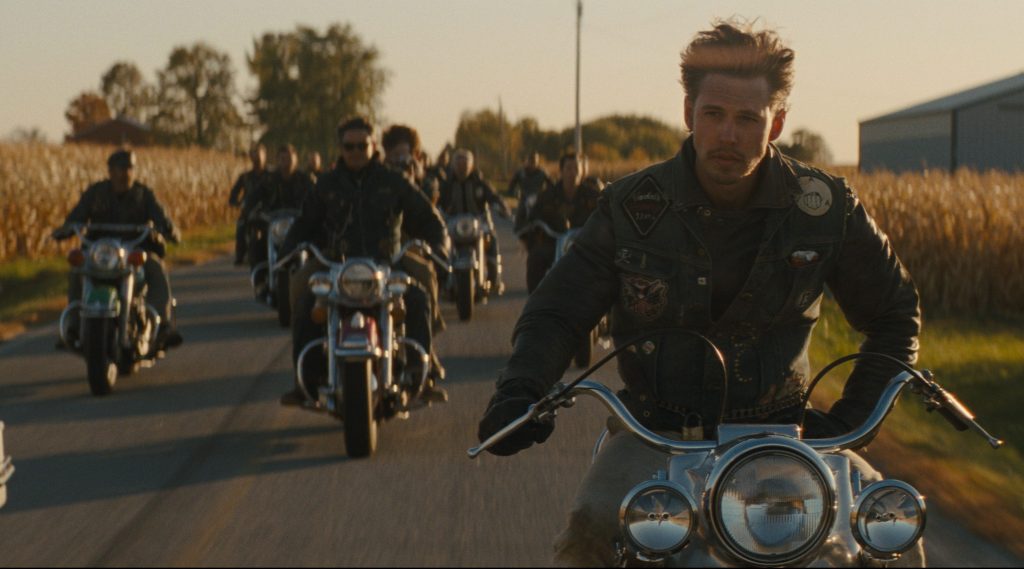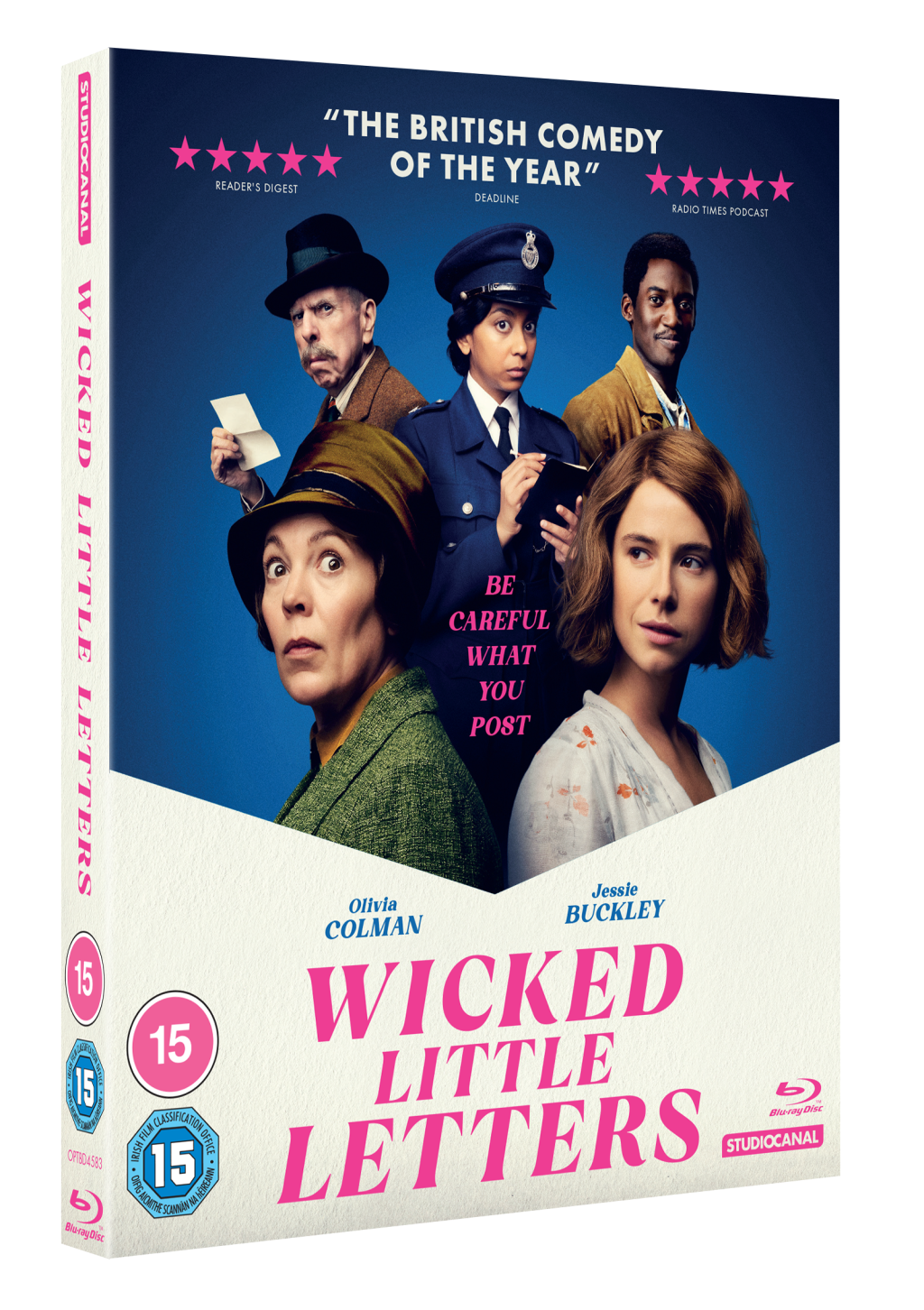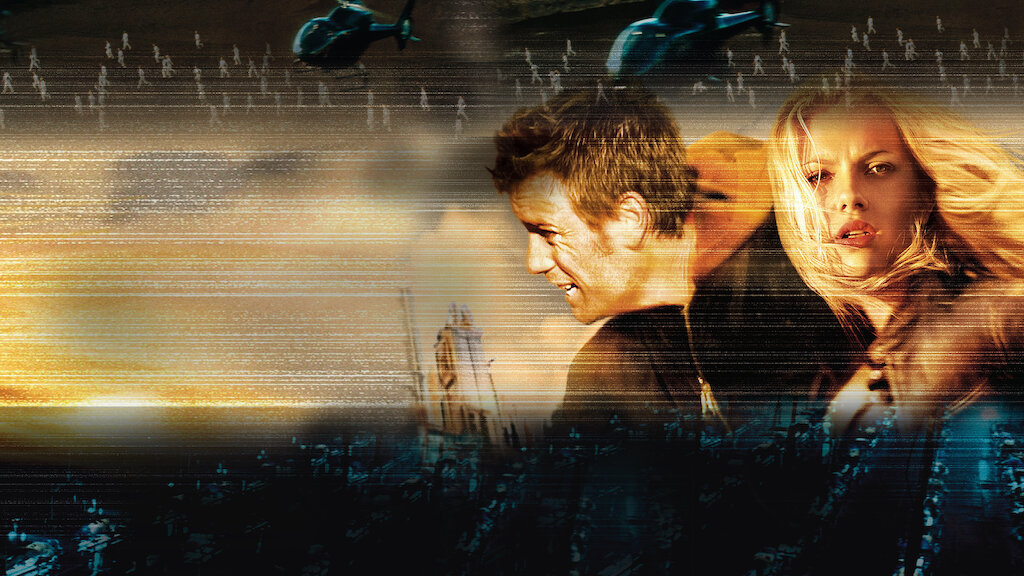
While Akira Kurosawa may be the undisputed master of the samurai film, there is a tendency in the west to praise him at the expense of other accomplished directors from the genre. Directors like Kenzi Mizoguchi, Masaki Kobayashi and Hideo Gosha made seminal samurai films that were just as influential, if not more so, than Kurosawa’s films.
Three Outlaw Samurai is Gosha’s first feature film, and it’s an incredibly assured debut, serving as an ugly reflection of the noble samurai depicted in Kurosawa’s films. It’s almost a cynical cover version of Seven Samurai, with some frenetic fight sequences and three charismatic performances at its centre.
In an attempt to reason with a corrupt magistrate, three villagers kidnap his daughter, holding her in a tiny farmhouse, where they are joined by a wandering samurai. While at first he is content to just watch the situation unravel, he eventually steps in to aid the villagers when they are shown to be more honourable than they first appear. Meanwhile the magistrate goes to extreme lengths to seek revenge on the villagers and anyone who tries to help them.

As with all Japanese films of the era, the performances and the drama are heightened, but if you look beyond that there is a complex story that feels contemporary in a way many Kurosawa films don’t. The Samurai in this aren’t honourable, or even particularly moral characters; One is a world weary wanderer who decides to watch for fun, one is lounging in the magistrates jail, and the other is a drunken cynic who leeches off his employer. Hardly the upstanding characters that populate Seven Samurai, yet each one is charismatic and distinct, making a lasting impression.
Tetsuro Tanba (best known to western audiences as Tiger Tanaka in You Only Live Twice) plays the most heroic samurai, and the most reminiscent of Toshiro Mifune. Mikijiro Hira is really cool as the magistrate’s louche bodyguard who takes an age weighing up one side against the other, and is reminiscent of the villain in Yojimbo (It’s telling that a villainous character in a Kurosawa film resembles one of the heroes here)
Rounding out the trio is the lesser known Isamu Nagato, who gives the most memorable performance as the roguish samurai who switches allegiance mid-fight. He’s a much needed lighthearted presence in the film, and grounds the heroes, making them a lot more likeable.

Three Outlaw Samurai is much smaller scale than something like Seven Samurai, but Gosha uses every means at his disposal to put you in the midst of the action. The battle sequences are brilliantly coordinated, but even more impressive are the occasional and sudden bursts of violence that appear out of nowhere. These are shocking and authentic in that most samurai duels were over in a matter of seconds, and the way Gosha films the sequences still feels vital and energetic today.
While the plot might feel a tad predictable, the characters are all given agency and and feel like real people. The villagers, the numerous hostages, the mercenaries all shape the plot in a way that feels organic and not contrived. Even the magistrate’s daughter – who might otherwise have simply been a damsel in distress, is shown to be resourceful and changes her views over the course of the film. This is a theme throughout, where characters constantly change sides and make deals – it’s in stark contrast to the cliche of the upstanding, honourable samurai. Tonally, it feels more like the spaghetti westerns than the films that directly inspired them, with the themes of corrupt power, shifting allegiances and mercurial killers all present in both, while the ending feels like a homage to The Searchers.
Brilliant in its economic storytelling and unique cinematography, Three Outlaw Samurai is a pulpy, uncompromising film with a nuanced sense of morality and three likeable, idiosyncratic heroes. It’s the perfect way to broaden your Japanese cinema horizons!







![Dazed and Confused Blu-ray review: Dir. Richard Linklater [Criterion Collection]](https://criticalpopcorn.files.wordpress.com/2019/06/54d963fd05ec9b4b6fa718cbc6dcfa03.jpeg?w=1024)
![The Cat And The Canary Blu-ray review: Dir. Paul Leni [Masters Of Cinema]](https://criticalpopcorn.files.wordpress.com/2024/04/image-5.png?w=1024)





Post your thoughts